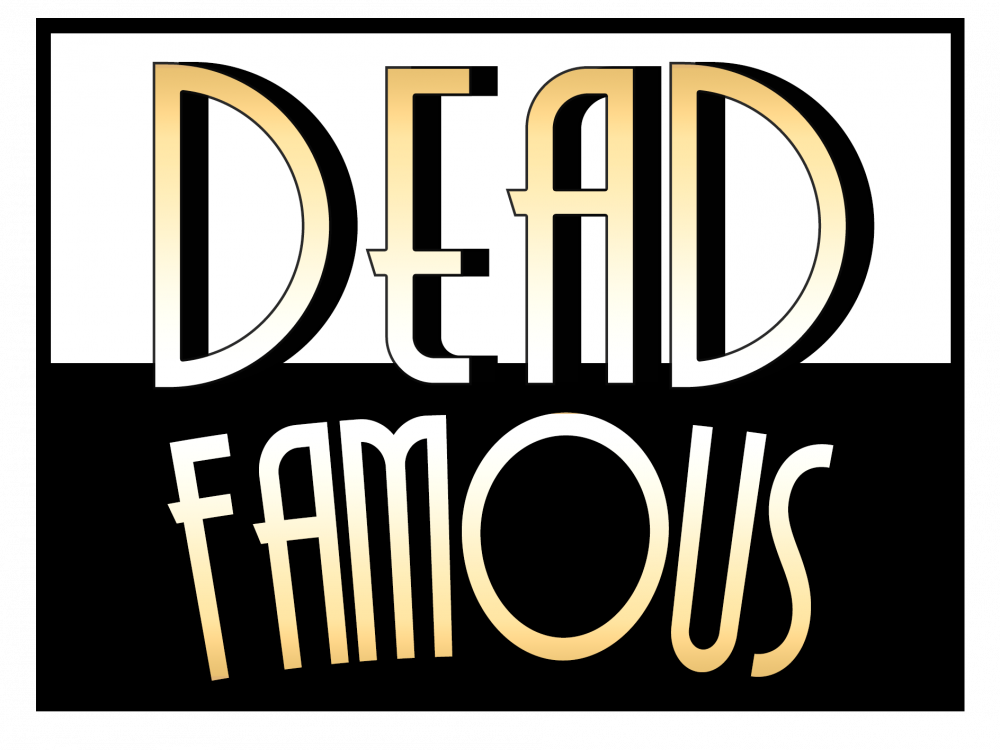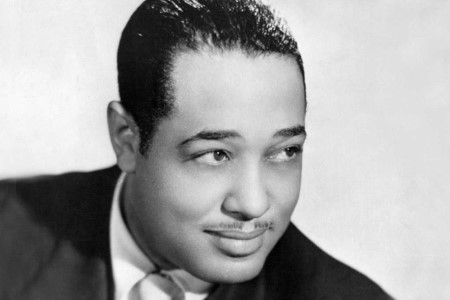Duke Ellington
Edward Kennedy “Duke” Ellington (April 29, 1899 – May 24, 1974) was a pioneering American jazz pianist, composer, and leader of the renowned Duke Ellington Orchestra, which he led from 1923 until his passing.
Born and raised in Washington, D.C., Ellington gained national prominence in New York City, notably through performances at the Cotton Club in Harlem. His prolific career produced over a thousand compositions, contributing significantly to the jazz repertoire. Ellington’s mastery of the three-minute 78 rpm recording format showcased his ability to craft miniatures. He also recorded pieces composed by his band members, such as Juan Tizol’s “Caravan,” adding diverse influences to big band jazz.
In the late 1930s, Ellington began a transformative collaboration with Billy Strayhorn, a composer-arranger-pianist. This partnership led to the creation of extended compositions and numerous short pieces. During this period, Ellington’s orchestra achieved creative peaks with notable musicians like bassist Jimmy Blanton and tenor saxophonist Ben Webster.
After a period of reduced visibility, Ellington’s appearance at the Newport Jazz Festival in 1956 sparked a revival, propelling him to embark on regular world tours. Throughout his career, he recorded for various American record companies, scored films, and composed stage musicals.
While often regarded as a pivotal figure in jazz history, Ellington himself embraced the idea of being “beyond category,” considering his music part of the broader spectrum of American Music. Known for his inventive use of the orchestra, eloquence, and charisma, Ellington received a posthumous Pulitzer Prize Special Award for music in 1999.
The use of images or names herein does not necessarily imply any form of management or representation or that The Celebrity Group was wholly responsible for a specific endorsement. The Celebrity Group works in partnership with many agents & managers for the supply of celebrities not represented by ourselves.



